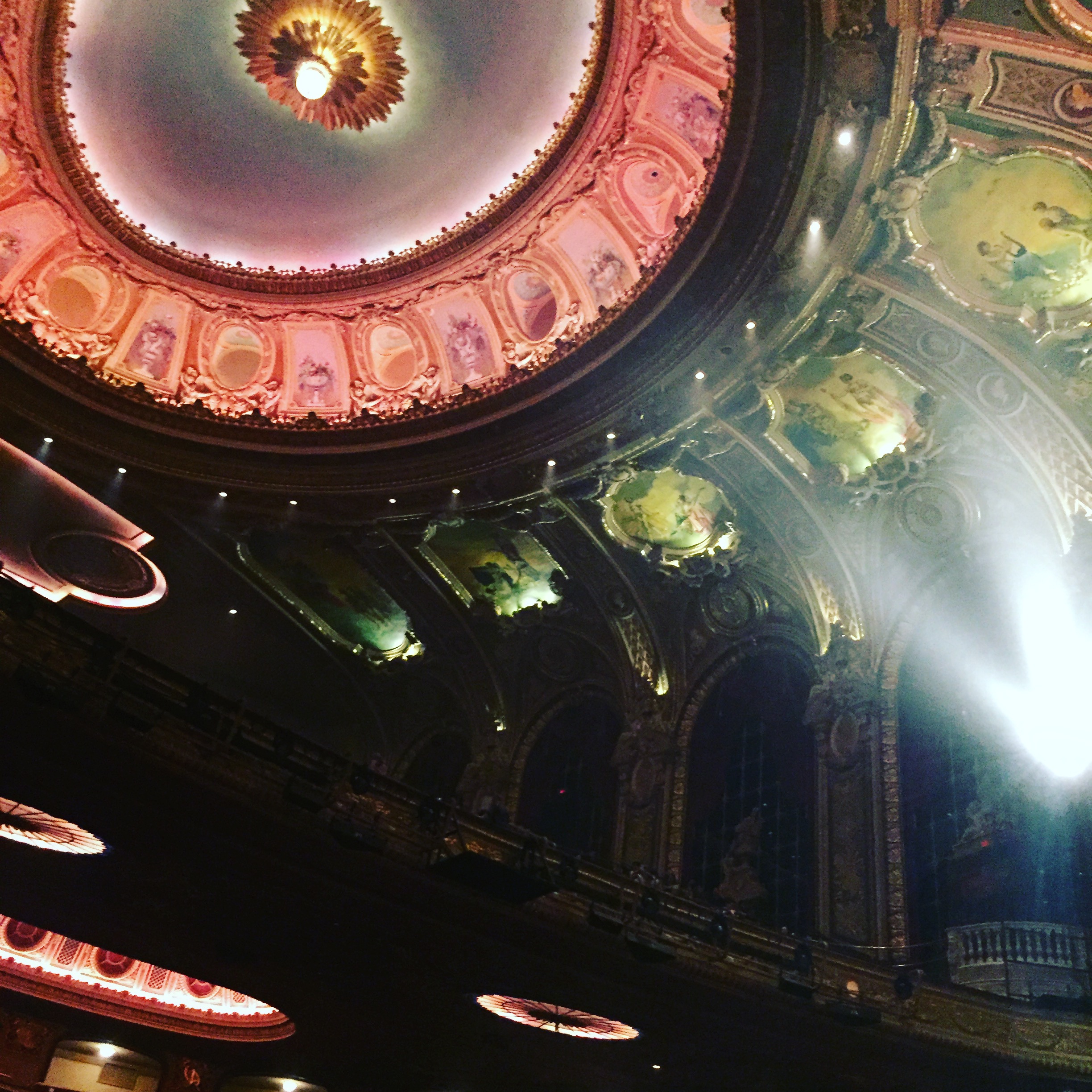
There is one other story of openness that I wish to share. I was working with the faculty members in an academic department located in a major Northwest American university. We were in the midst of a three-day faculty development retreat held at a beautiful setting on a wooded lake. Members of the department were sharing some of their own stories about why and how they got into the teaching business. The stories they were sharing seemed well-rehearsed and had probably been heard by colleagues several times before. Nothing much was occurring, except some important reflections on how the world was changing and therefore the curriculum of their own department needed to be modified. Constructive dialogue, but pretty much stuff about the outside world, not about the hopes, fears and aspirations of the individual faculty members.
Then, as in the case of the bank vice president, there was a moment of openness and honesty. This moment originated from an unlikely source. Much like the bank vice president, there was a member of the faculty who had been quiet through most of the retreat. I had asked the retreat participants to describe the environment in which they feel most productive and most comfortable with their role as a faculty member. The quite member hesitantly spoke up. He indicated that he most enjoyed sitting in his den at home reading historical volumes that take him far away from the everyday world in which he was living.
Since history is this faculty member’s discipline, it was not surprising that he is aligned with this practice of historical review and scholarship. However, he went on to share his fears about the world in which he is living—and indicated the following: “I am a very closed person. I don’t open up with many people – even my wife and family.” It was a remarkable moment. Ironically, this statement about being closed was the most open and honest statement being made during this retreat.
His colleagues sat there for a few moments without saying a word—admiring their colleague’s perspective for perhaps the first time in many years. It was not only the curriculum that needed to be changed, but also the ways in which each of these faculty members had to life and work in a changing and challenging world. The retreat became much more productive as a result of this disclosure. The group member who was least trusting took a risk and helped to raise the level of openness and trust among all members of his academic department. They had become a team and made significant progress in now only updating their curriculum, but also becoming closer and more supportive of one another.









